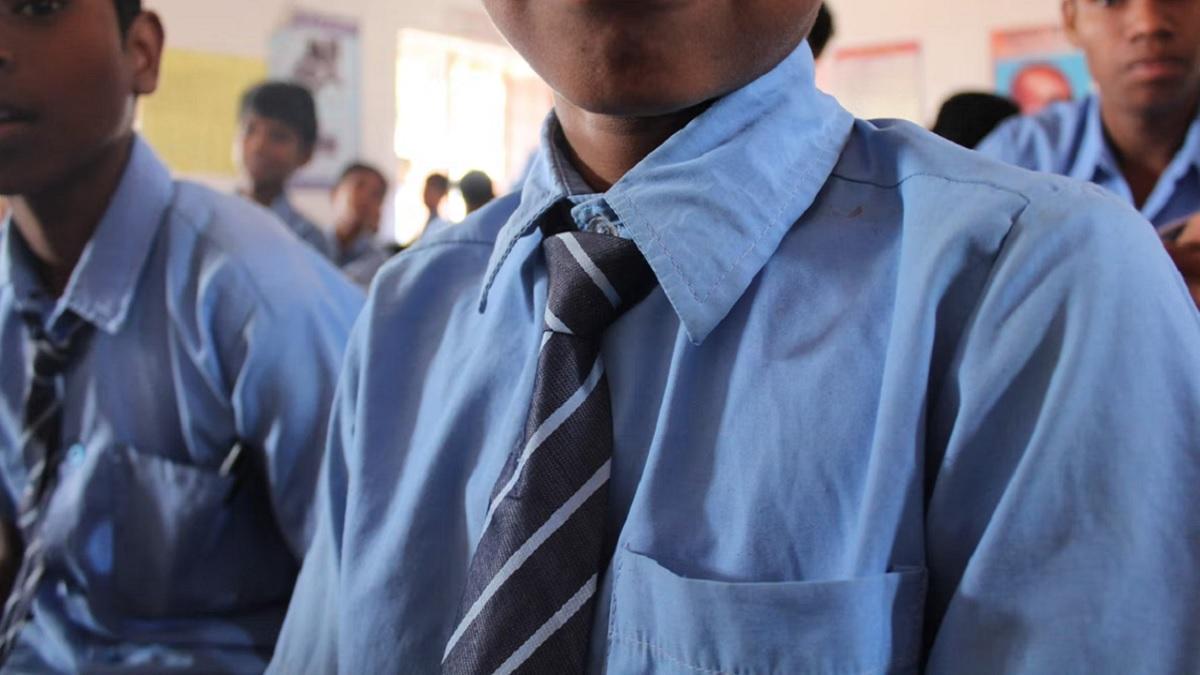At least 20 pupils from Cape Town school rushed to clinic with stomach cramp complaints! At least 20 students from Mzamomtsha Primary School in Driftsands, Cape Town were rushed to a local clinic on Wednesday morning after experiencing severe stomach cramps.
While most of the students were discharged shortly after, the incident has raised concerns about possible causes and triggered calls for public caution in speculating about food poisoning or contamination.
Students Report Sudden Illness
The incident unfolded quickly as students began reporting stomach cramps early in the school day. School officials responded promptly, arranging for medical assistance, and students were transported to a nearby clinic for evaluation and treatment.
The Western Cape Education Department (WCED) confirmed that 20 students were initially affected, and Bronagh Hammond, spokesperson for the WCED, has since provided updates on their condition.
“Eighteen of the learners have been discharged, while the remaining two are being observed. Our primary concern is the health and safety of the students, and we are closely monitoring the situation in cooperation with health authorities,” Hammond stated.
Causes Still Unknown, Investigation Underway
At this stage, the exact cause of the students’ discomfort remains unconfirmed. Health authorities are conducting assessments to determine whether the cause was related to food, environmental factors, or other issues.
Hammond urged the public to remain cautious about jumping to conclusions, especially regarding recent reports of food-related illnesses at schools.
“We have received many false reports of food poisoning over the past few weeks, so we are waiting for health authorities to complete their assessments before making any assumptions,” she said.
Rising Concern Over School-Based Illness Reports
In recent months, schools in the Western Cape and other parts of South Africa have reported an increase in student illness cases, sparking concerns about food safety and possible contamination.
This latest incident adds to a growing number of cases where students have reportedly fallen ill during school hours, leading to heightened scrutiny of school meals and food providers. However, not all cases have been verified as food poisoning, and in some instances, initial suspicions have proven unfounded.
As a result, the WCED and local health authorities are working together to implement measures that address both real risks and public perceptions. These measures include routine checks of food suppliers, random inspections, and enhanced safety protocols within school kitchens.
WCED Urges Public Patience and Avoidance of Misinformation
With growing public attention around food-related incidents in schools, the WCED is encouraging the public to avoid speculation and rely on verified information.
False reports or assumptions about food contamination can lead to panic and damage reputations, particularly for those in the school catering and food service industry. Hammond highlighted that only through thorough assessments and scientific evaluations can a clear understanding of such incidents be reached.
“Unverified reports can cause unnecessary alarm and lead to the spread of misinformation, which can harm both families and school communities,” she noted. The WCED is committed to transparency, she added, and will promptly release verified findings from health authorities to ensure parents and guardians are informed and reassured about their children’s safety.
Preventative Measures and Safety Protocols at Schools
In light of recent concerns, the Western Cape Education Department has initiated additional safety protocols aimed at safeguarding student health.
These protocols include regular inspections of food preparation facilities, ensuring compliance with food safety standards, and providing teachers and school staff with training on recognizing and responding to potential health risks.
By collaborating with the Western Cape Health Department, the WCED is taking a proactive approach to addressing and mitigating any potential risks of foodborne illnesses in schools.
The department is also encouraging schools to adopt best practices for food storage, handling, and distribution to reduce the likelihood of contamination.
Conclusion: A Cautious Approach Amid Ongoing Assessments
The incident at Mzamomtsha Primary School underscores the importance of rigorous safety practices in educational settings, especially when it comes to student health.
As investigations continue, the Western Cape Education Department and health officials are committed to identifying the cause of the students’ discomfort and implementing any necessary measures to prevent future occurrences.
While waiting for the official assessment results, the department is prioritizing communication with parents and guardians to ensure accurate information is shared.
This measured approach aims to avoid unnecessary panic while ensuring that all necessary steps are taken to safeguard the health and well-being of students across the province.
The WCED urges patience and vigilance from the public, emphasizing the need to rely on verified information before drawing conclusions about food safety or health risks in schools.
The department remains dedicated to maintaining a safe learning environment for all students, backed by consistent oversight and adherence to health protocols.
In other news – PICS: A look at Andile Mpisane’s weight loss transformation
Reality TV star and soccer player Andile Mpisane, son of South African businesswoman Shauwn Mkhize, has been turning heads with his incredible weight loss journey. The transformation has been so noticeable that Andile’s personal trainer recently took to social media to share his impressive progress.
Andile’s journey from facing criticism for his weight gain to earning praise for his commitment has inspired fans and fitness enthusiasts alike. Read More

